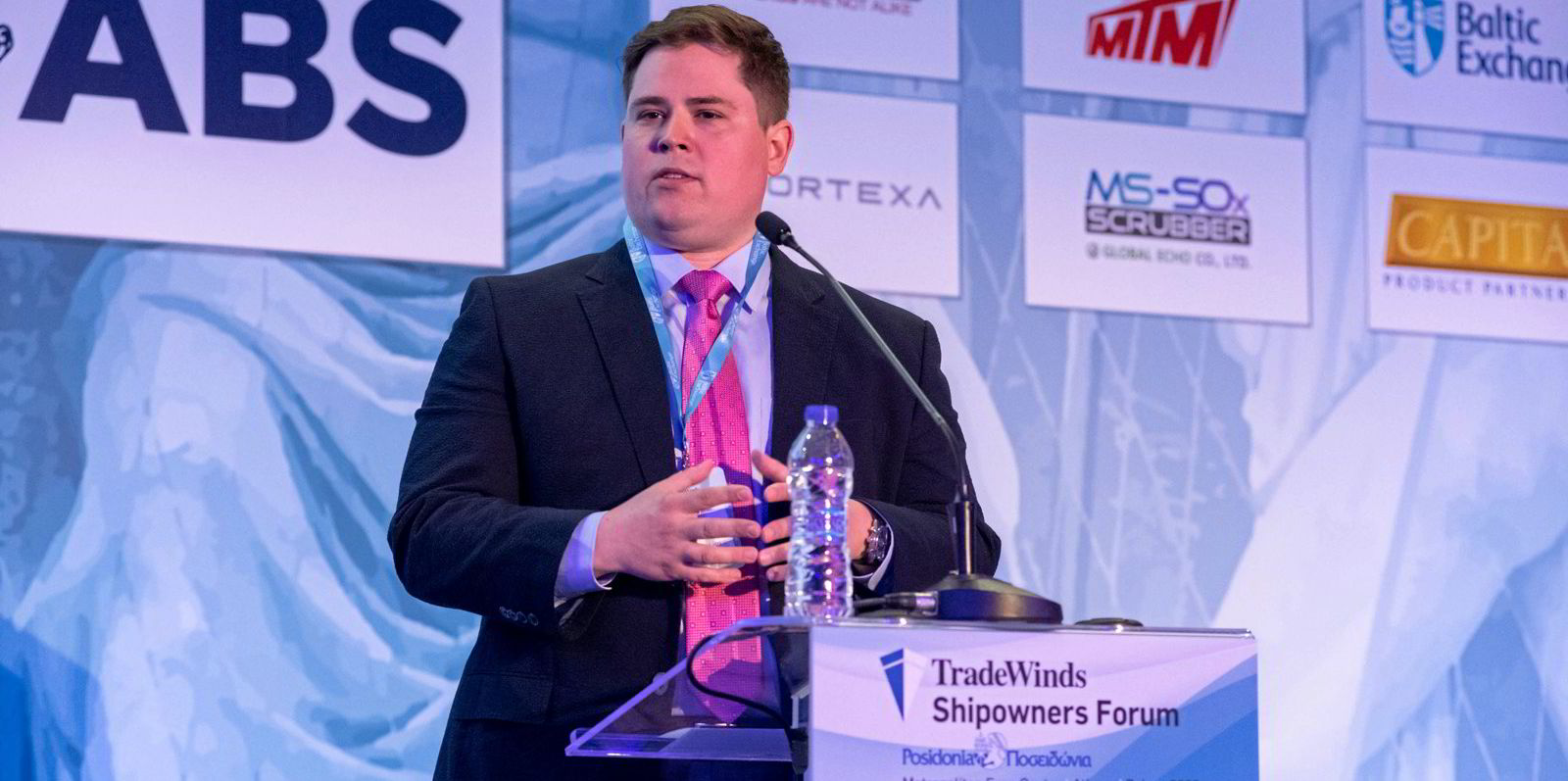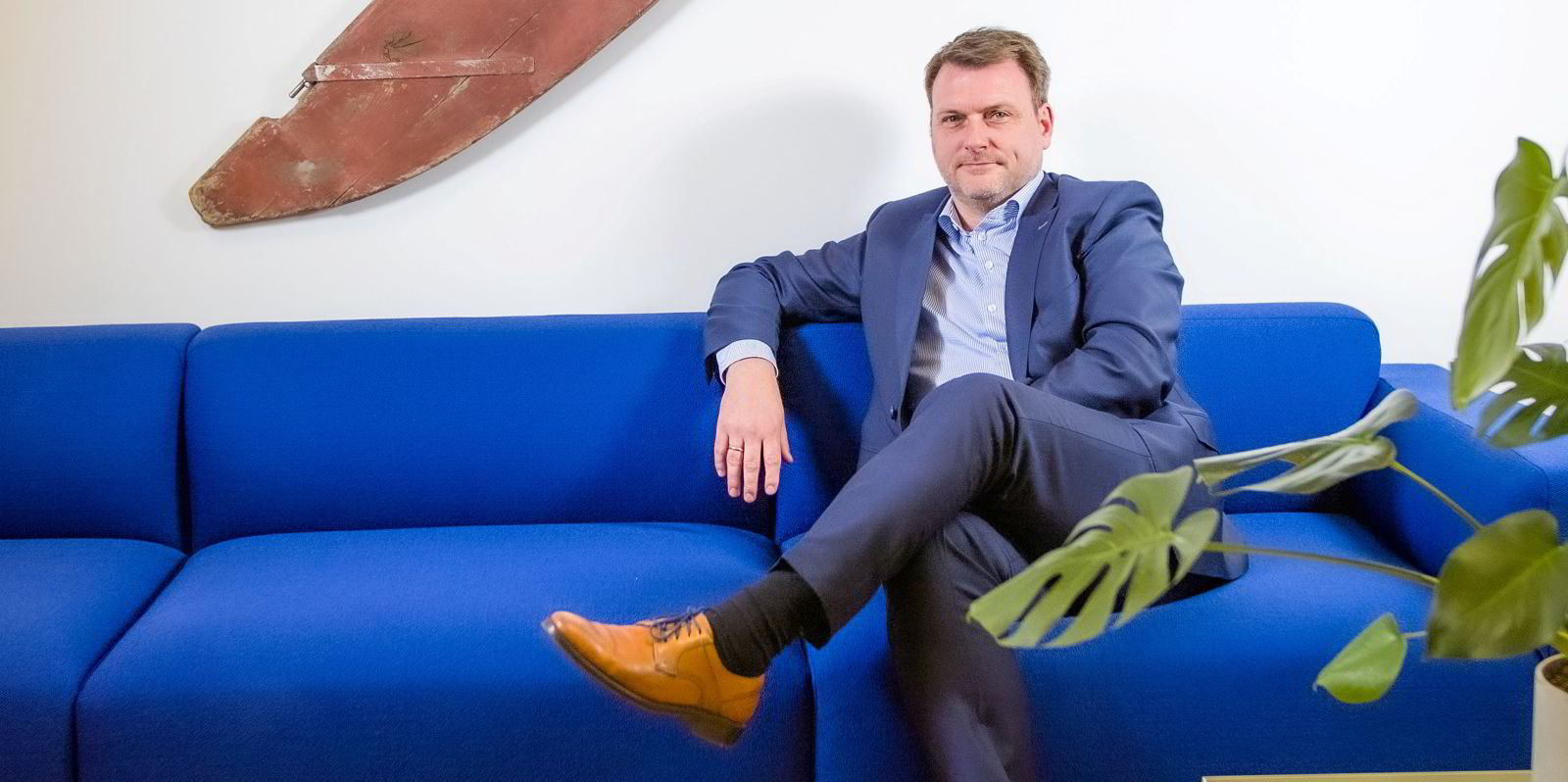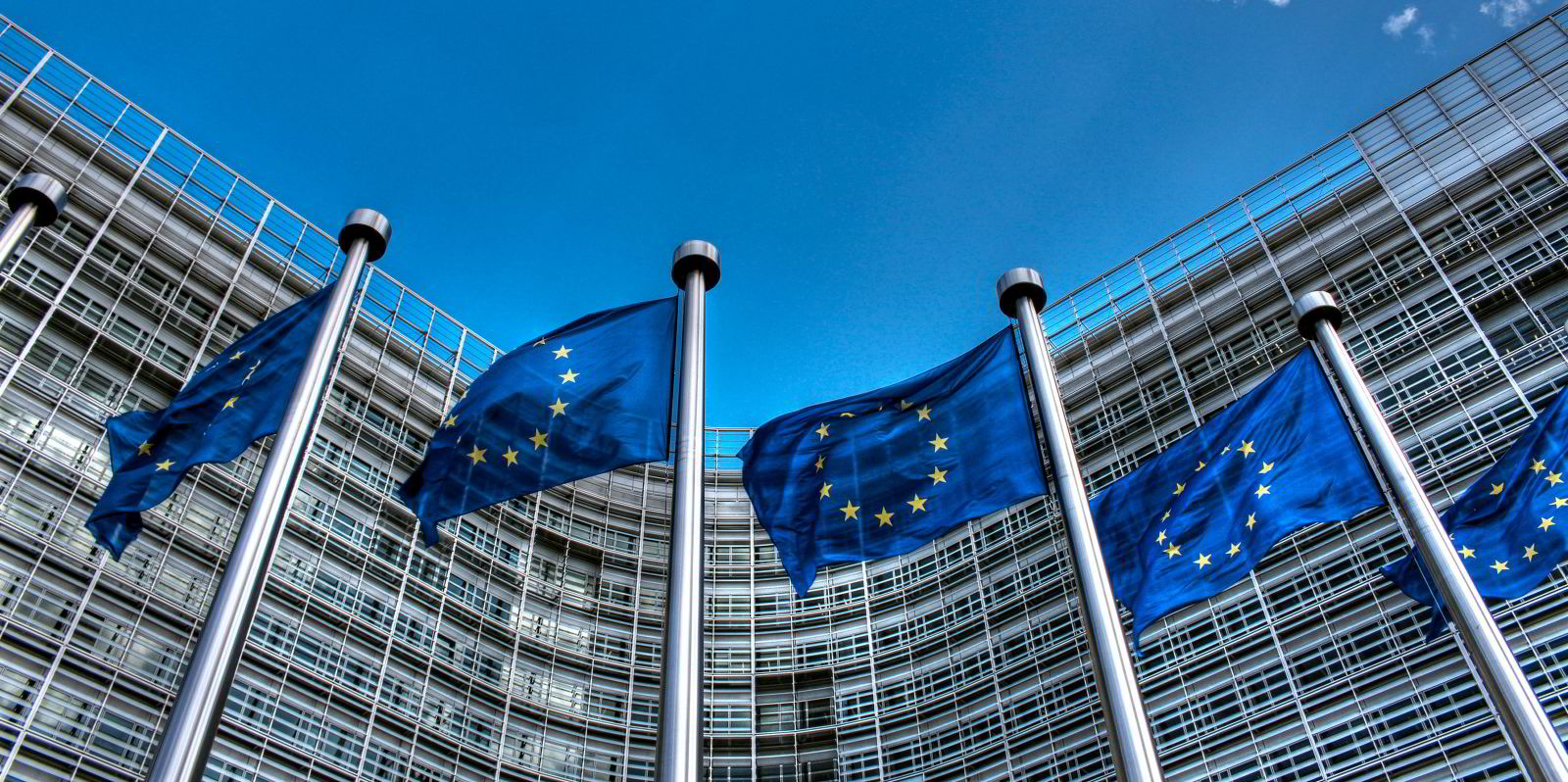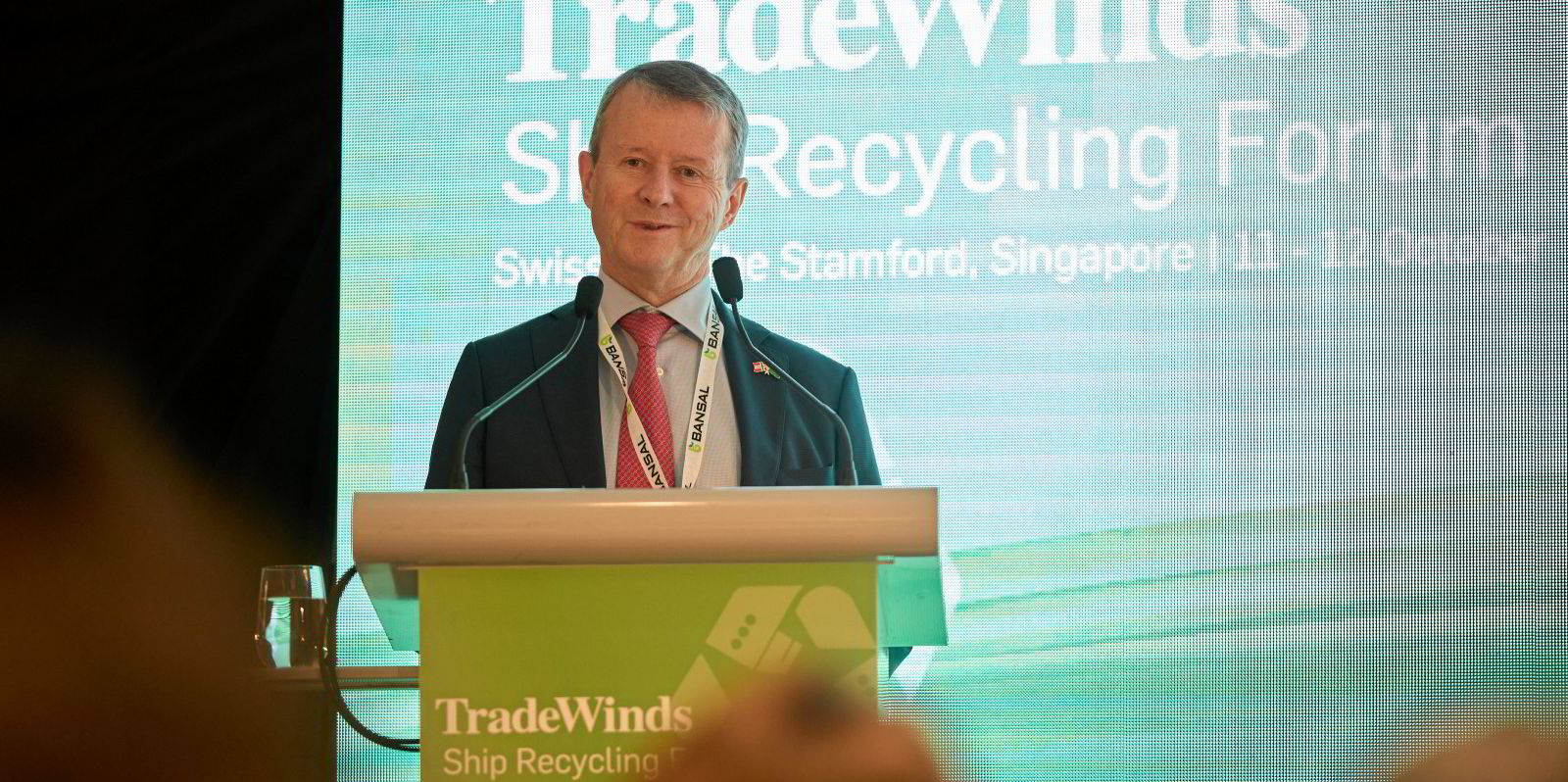Danish maritime technology firm Danelec has bought Nautilus Labs, the fleet and voyage optimisation platform that employs artificial intelligence to cut maritime fuel consumption and carbon emissions.
The deal is the latest hardware-meets-software combination in the optimisation sector after digital technology firm ZeroNorth announced it was joining forces with Alpha Ori Technologies.
The price tag for New York-based Nautilus Labs was not disclosed.
The deal moves the Copenhagen-based company, which is led by chief executive Casper Jensen, into the arena of optimisation.
“The maritime sector is currently undergoing rapid digitalisation and to secure a solid foundation for this digital transformation, it is key that it stands on the shoulders of high-quality, high-frequency data,” Jensen said in a statement.
“With the acquisition of Nautilus Labs’ technology platform, we are able to serve our customers from end-to-end of their digital journey.”
Some maritime technology experts had for some time seen Nautilus Labs as a potential target for industry consolidation, as a crowded field of optimisation technology companies confronted a capital markets environment in which funders had become more selective, demanding fast customer and revenue growth.
Microsoft backing
Nautilus Labs has announced raising some $48m in a series of funding rounds by 2022, with software giant Microsoft as the biggest-name investor through its climate and venture capital funds. Data from Crunchbase shows another $11m was raised in March of this year with Microsoft’s M12 venture capital fund and Root Ventures as lead investors.
Coming under the Danelec umbrella will open it up to the existing customers of the Danish company vessel performance monitoring technology, although executives said customers will not be locked in and will be able to elect other optimisation software platforms.

“With our installed base of 15,000 vessels, we feel confident that we are well-positioned to commercialise Nautilus Labs’ technology platform,” Casper said.
Danelec is taking on some of the Nautilus Labs team, including chief executive Matt Heider, whose new title with his new Danish employer has not been released.
In recent days, several of the company’s employees said on LinkedIn that they had been let go and changed their status to “open to work” on the business-focused social media platform.
Nautilus Labs employees who signalled on LinkedIn or told TradeWinds they were let go included communications staff, product designers, software engineers and data scientists.
Asbjorn Severin, vice president of marketing and communications for Danelec, declined to say how many Nautilus Labs employees were let go, but he confirmed that more than 20 will join the Danish company’s team.
“When a company is bought like we are doing now with the platform of Nautilus, it’s natural that we need to make sure that the organisation is fit for the future purpose,” he told TradeWinds.
Danelec, which has 160 employees across 11 global offices, is a manufacturer of voyage data recorders and shaft power meters, in addition to the technology for managing ship performance. Last week, it reported DKK 298m ($43.6m) in revenue for the latest fiscal year, which marked a 53% increase.

The Nautilus Labs transaction is the third acquisition in three years, after it bought Norwegian digital ship monitoring firm KYMA in December 2021 as well as taking over the voyage data recorder and maritime data engine business of MacGregor earlier this month.
Severin said the company has been partnering with Nautilus Labs for a few years.
Nautilus Labs began in 2016, a time when carbon emissions were not yet a major focus in shipping but its Voyage Optimization platform was pitched as a way to reduce fuel costs.
But Heider told TradeWinds last year, after the Microsoft Climate Innovation Fund participated in a $34m funding round, that reducing emissions was always at the core of the company’s mission.
“We are excited to see the Nautilus platform come to life in the hands of Danelec and to advance it further on top of the solid foundation of high quality, high-frequency data captured from Danelec’s extensive install base,” Heider said in a statement after the deal was forged.
“Together, we can’t wait to deliver even more value to our customers.”






